Interview: Burning Games – Faith: The Sci-Fi RPG
February 27, 2015 by dracs
A new Sci-Fi RPG has been making a splash on Kickstarter recently with its bold move away from the traditional forms of pen and paper role playing. I am of course talking about Faith and I recently got to have a chat with one of the game's developers, Carlos Gomez Quintana, about what we can expect to see in this new game.
Me: I am joined by Carlos from Burning Games who is here to tell us all a bit more about Faith, the intriguing new Sci-Fi RPG currently on Kickstarter. How're you doing mate?
Carlos: Very well, thank you! How about you?
Me: I'm grand, just been looking over the Kickstarter and things are certainly looking epic.
Well why don't we start with your good self, what's your part in Faith?
Carlos: I’m one of the designers of the game. We are a team of four friends, three game designers and one manager, and we count with the help of freelance artists and a graphic designer.
Me: And what's your background in gaming? What sort of games were you into and how did you come to be designing your own RPG?
Carlos: I started playing Warhammer when I was a little kid and that way I met Helio and Mauricio, the other two game designers. From there we branched out into roleplaying games. We started tweaking the games we played early on, as many people do, and when the changes started to be too significant we decided to make our own wargame.
We always talked about the possibility to eventually publish our own games, and last year we were awarded a grant for entrepreneurs from the University of the Arts in London that allowed us to pursue the idea seriously.
Nowadays we play many other games, both miniature games and boardgames. We really enjoy games like Infinity, Android Netrunner, Chaos in the Old World and others.
Me: Ah yes, a lot of us here are big fans of Infinity and I myself really enjoy Android Netrunner. Would you say these influenced your own game at all?
Carlos: Both have inspired us, especially regarding the possibilities of hacking within a science fiction universe. Both Infinity and Android Netrunner explore very interesting concepts and we have translated some of them into our system, making Hackers an integral part of the usual roleplaying character parties.
Me: Fantastic. Well, I suppose now is a good time to tell us about your own game. What's going on in Faith?
Carlos: Faith takes place in the vastness of an alternate Universe around a thousand years in the future from now. The two main alien species, the Corvo and the Iz’kal, fight a cold war for the control of the Labyrinth, while humanity struggles to survive.
The Labyrinth is a web of interconnected wormholes that connects thousands of star systems. Everyone is struggling to control as many wormhole exits as they can, without breaking into open warfare. Both species are so powerful that in case of a direct conflict they would obliterate each other, leaving no survivors to enjoy the spoils.
Humanity has been conquered by the Corvo after their Third World War, and are now highly regarded as mercenaries and bounty hunters due to their physical superiority. The Corvo are a very technological species and each seeks his own personal gain, while the Iz’kal are very social and seek to build a community that thrives and prospers.
Me: So those are the races you can choose to play as? How does each of species play in the game?
Carlos: The Iz’kal have aquatic origins and thus they innately know how to swim. Moreover, they have a neuronal adaptation that allows them to share their personality and communicate telepathically with other members of their species. In game this translates into an interesting mechanic that will give them an edge when they are in a group.
The Corvo have a Cortex Connector from the start that allows them to connect their brain directly to different devices, such as suits or advanced weapons. Other species can acquire them later, but the Corvo always have them.
The Humans have one extra card in their hand and one advantage to their Athletic skill, representing their physical superiority over the other two species.
Additionally, each species has different limitations to improve their attributes, which makes them more suited for some tasks than others. We have plans to include more species either during this campaign if we get enough funding or in the future when we continue to support the game.
Me: I like the sound of being a Corvo and plugging myself into computers. Would probably make writing the news a lot easier!
One of the most interesting things about the game is, of course, the way it deviates from traditional pen and paper RPGs. The game doesn’t use pen, paper or dice. Why is this?
Carlos: There is already plenty of amazing games that use very creative dice mechanics. We wanted to do something different, as we did not see the point of making another d20 system.
The mechanics of Faith allow players to manage their luck: because the players can play cards from their hand, they can choose when to be lucky and play their high cards and when to risk failure while playing their low cards.
This allows for different strategies to arise, some players want to go all out all the time and might see themselves stranded without good cards in a risky position, while others are more cautious with their resource management, spending as little as possible.
The actions are resolved through confrontations that arise when the Game Master wants to add dramatic interest to the story and cause a failure or when the target of an action attempts to avoid or prevent it.
The confrontations are resolved playing cards alternatively, and whoever gets the highest final result after adding the cards and the relevant skill together succeeds and the opposing side fails.
The gear and NPCs come in cards that contain both illustrations and all the relevant game information to use them, allowing players to stay immersed in the story and away from long tables in the rulebook.
And finally, the traditional character sheet is replaced with a character board that allows the same degree of character customization with better aesthetics. However, if you wouldn’t change your character sheet for anything else, you can always download it from our website and print it out like in other games.
Me: All these components are included in the standard boxed game, right?
Carlos: Yes they are. The Core Set includes everything you need to play Faith right out of the box without the need of any additional materials.
Me: Awesome. It does seem to me that more games are trying to step away from traditional dice mechanics. You ever play Malifaux?
Carlos: Yes, although not as much as I’d like. I’ve played Puppet Wars a few more times and I find the system and the setting of both games really interesting.
Me: Aw yeah love it. Haven't played Puppet Wars though, really want to get round to that.
What challenges did you face in coming up with this new system?
Carlos: The main issue we had was finding the right balance between streamlined gameplay that focused on the narrative and an interesting set of mechanics that allowed both strategic play and the customizability that makes RPGs awesome.
Me: How did you overcome this? What solutions did you come up with?
Carlos: We tied the theme and the mechanics closely together in several ways. One way is the differences between the species that we talked about, and the others are the advantage system and the Gods.
Having advantage over an opponent means he will play one card less than usual in a confrontation against you. Advantages can be granted by equipment or divine powers, and also by the GM if the player describes his actions in a way that could be considered advantageous, such as shooting at an exposed target while being under cover or thinking of a smart solution to repair a machine. This has proved to be a rather interesting concept during play testing, as players often come up with amazing ideas and descriptions of how they perform different tasks.
Additionally, in Faith the Gods represent moral compasses for the characters. When the players roleplay their characters well, following the moral code they have chosen to follow, they will eventually be rewarded with divine upgrades granted by the respective God. If they deviate from those paths they might lose those powers – but if they do so in a heroic or epic way, another God who sees value in their new ways can reward them with other powers.
Me: Hmm, I like the idea of the Gods. Kind of sounds like if the alignments in Dungeons and Dragons had an active character and affected the gameplay itself.
Why did you decide to take Faith to Kickstarter?
Carlos: We are four friends that made a game out of our love for RPGs. We found the opportunity to publish one when the University of the Arts of London saw value in our idea, and with very little money we managed to put together a project to show to our potential audience. Now we need the help of the community to finish it and make it into a real product. Kickstarter is probably the best place one could hope for to do this.
Me: Yeah it has really opened up the stage for all manner of interesting new games
How has your experience with it been so far?
Carlos: We have had amazing support from many people that has made all the effort worthwhile. We have also faced bumps on the road because as a very young company bringing our first product to life, we have to go the extra mile to prove the value of our game. We have had awesome experiences in conventions as well as in play testing sessions, as many people that were skeptic as first when we presented Faith to them left our table very happy and glad they took the time to look at our game.
Me: Aye, a lot of people seem very enthusiastic about your game, and given the quality that is appearing in the images on your Kickstarter I can definitely see why.
Right, before I let you go I have one last question. What do you have planned for the future with Faith? Any secret new races you can let us in on?
Carlos: The Labyrinth has thousands of exits, and as such many species can be introduced in remote planets. We have already two planned out: the Ravager and the Raag. The Raag will be introduced by an early stretch goal. They are very strong and loyal and they live in a frozen planet, and we would like to make them a playable species through an expansion. The Ravager are a species of World-eating creatures that use the DNA of the beings they consume to improve their own genetic material, mutating to adapt to any environment and circumstance.
Me: The Ravagers sound awesome! I can't wait to hear how they fit into the game
Well Carlos thanks a lot for joining me and letting us in on the secrets of Faith. It definitely sounds like a game for us RPG lovers to watch out for.
Carlos: Thank you so much for having us! And for all of those on the fence, remember that you can download the print and play from our website for free and give the game a try. We promise we will get back to you to answer any questions you might have!
Me: Excellent. Thanks again Carlos and best of luck with the Kickstarter.
"The two main alien species, the Corvo and the Iz’kal, fight a cold war for the control of the Labyrinth, while humanity struggles to survive."
Supported by (Turn Off)
Supported by (Turn Off)
"The Core Set includes everything you need to play Faith right out of the box without the need of any additional materials"
Supported by (Turn Off)





























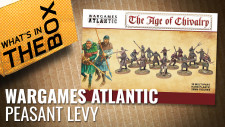

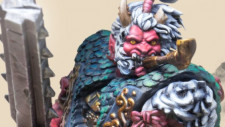
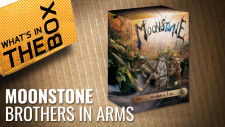

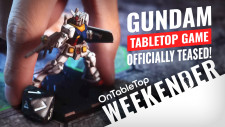

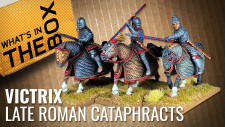




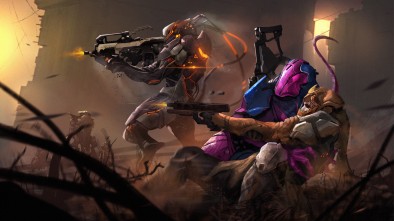
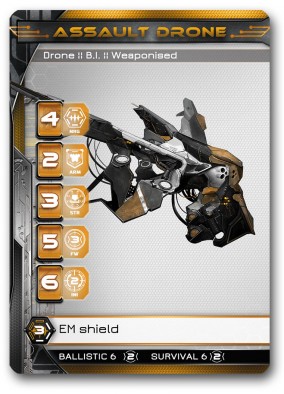
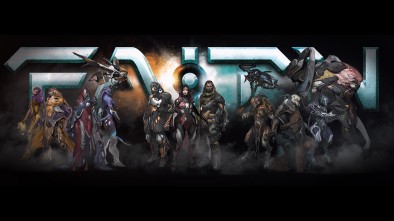
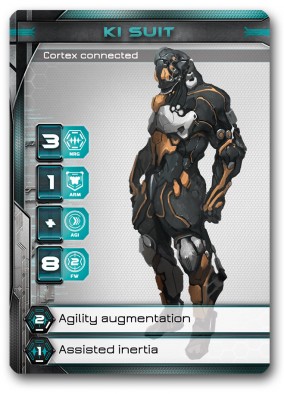
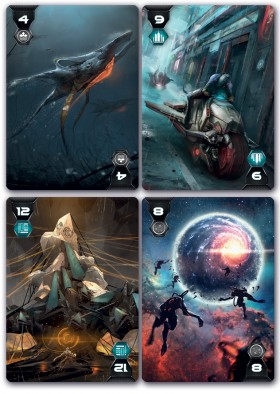
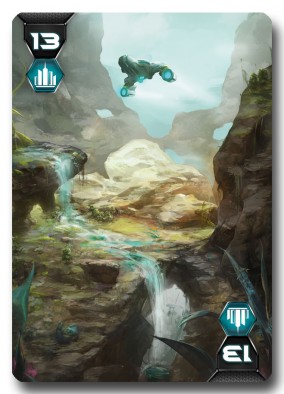
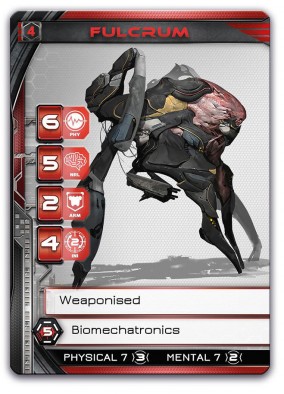
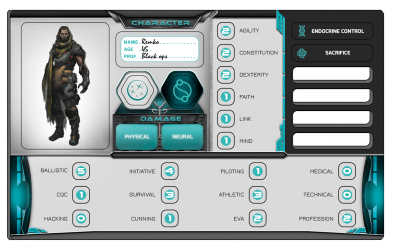
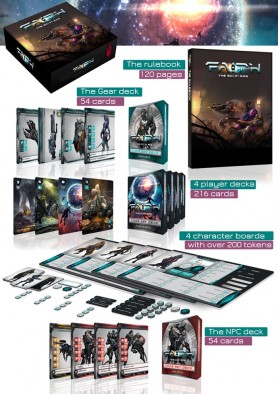
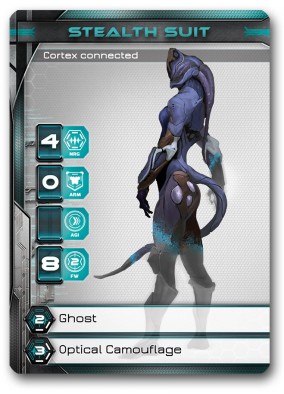
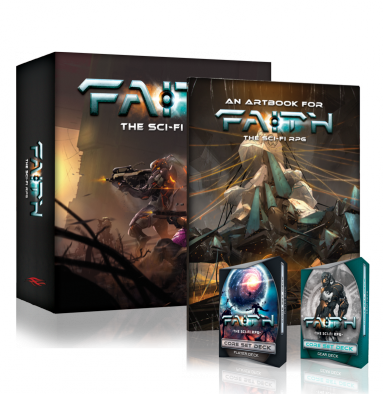
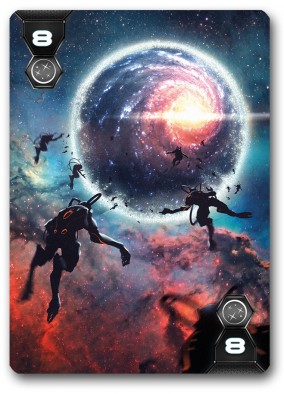


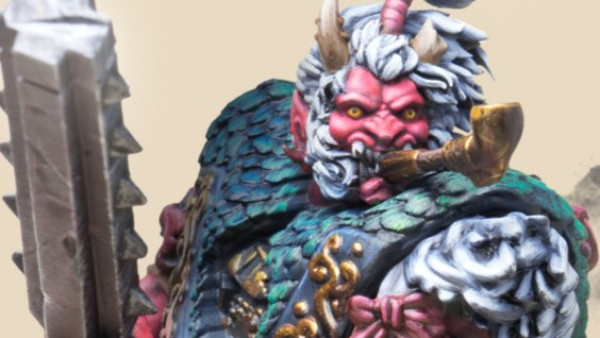
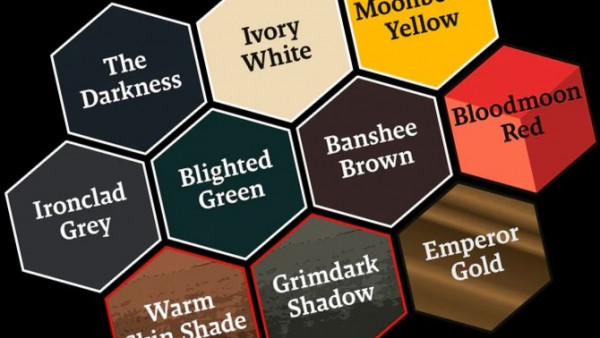
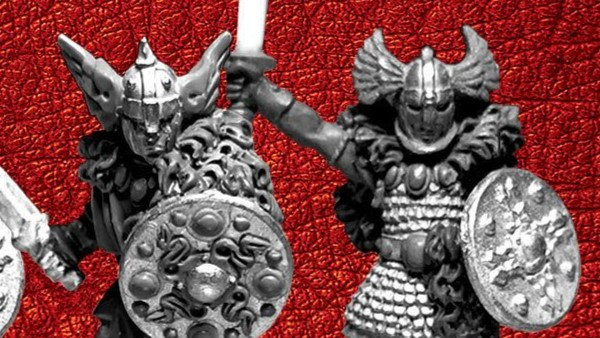
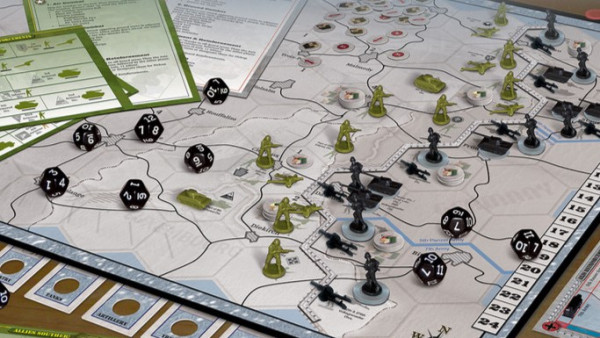
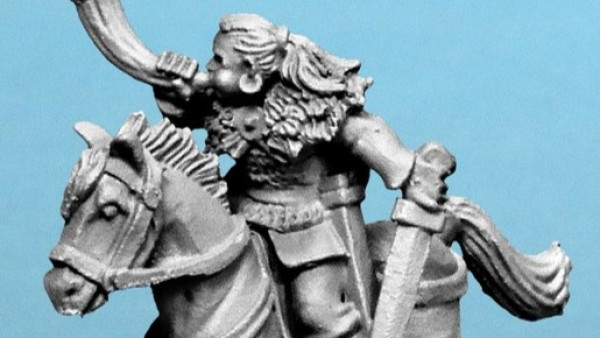









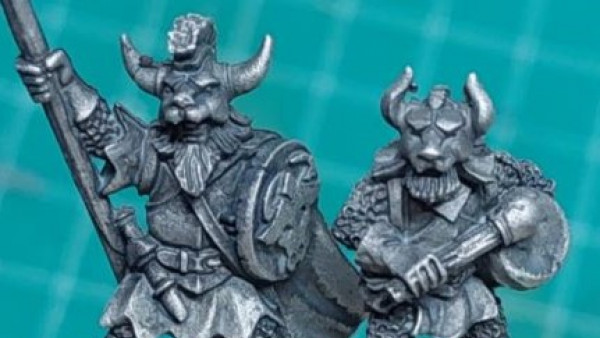

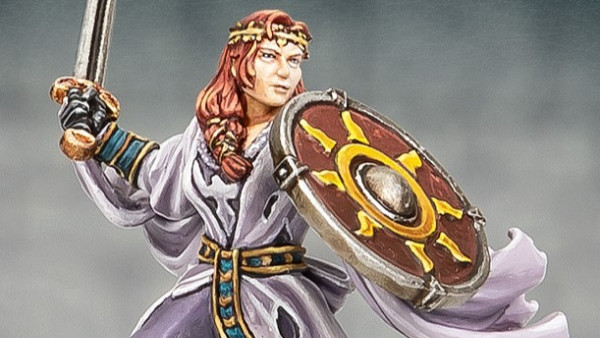
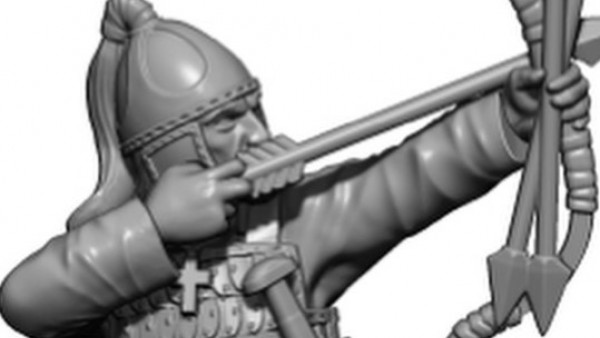
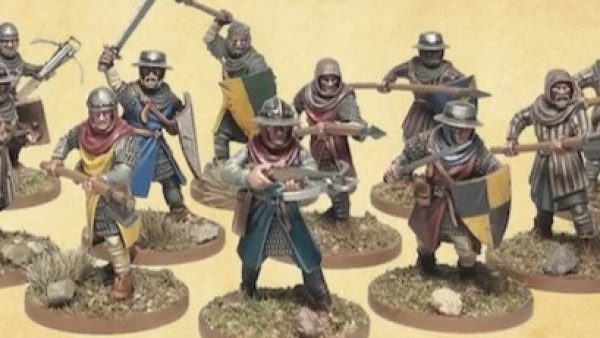
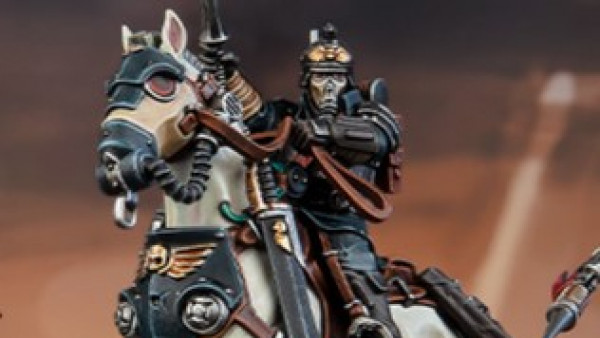
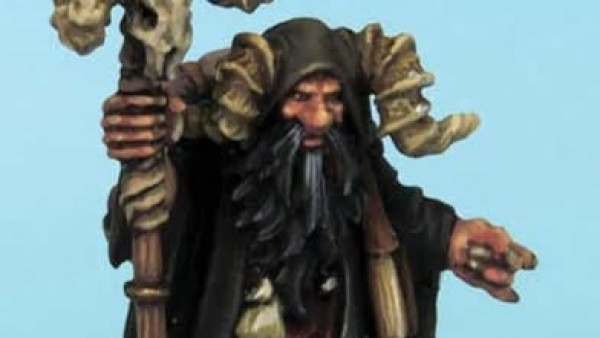
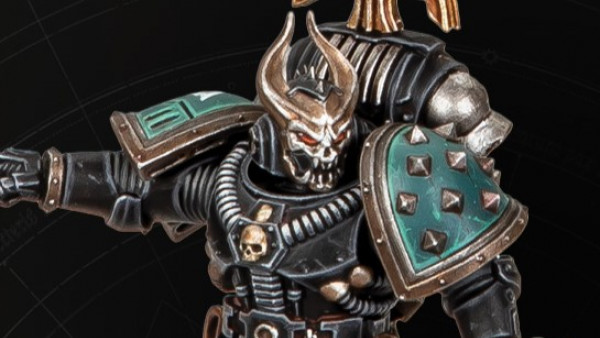
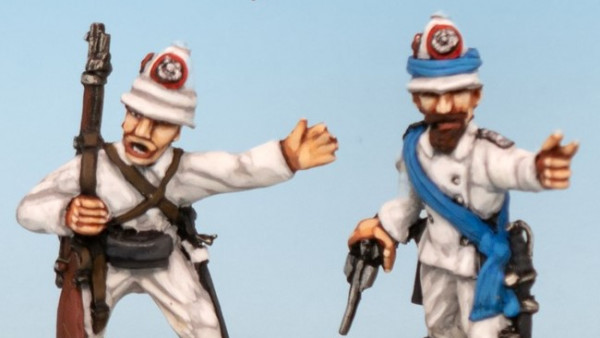
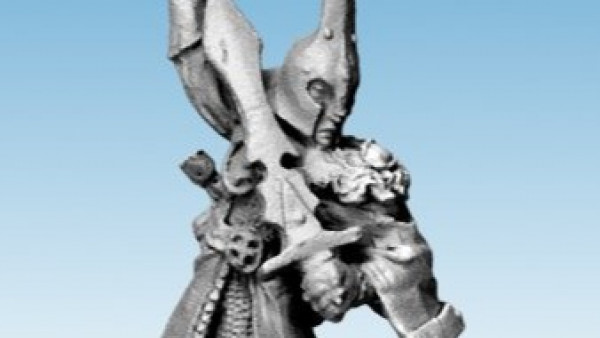
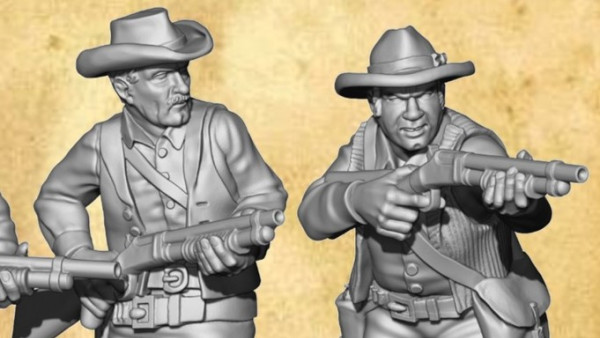
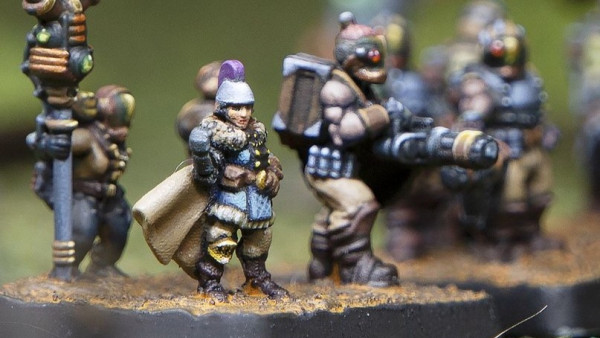
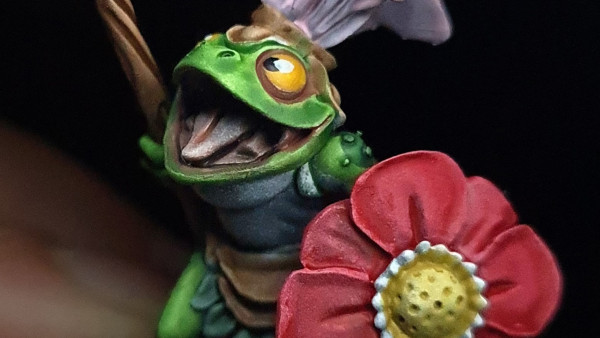
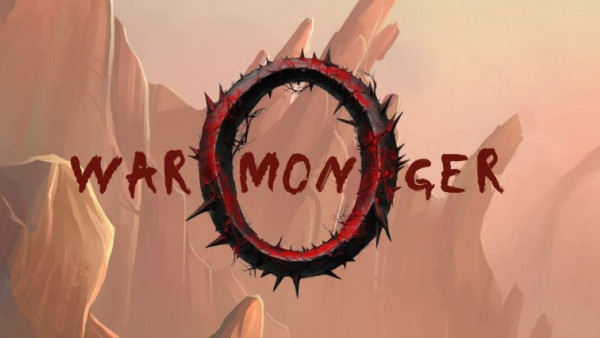
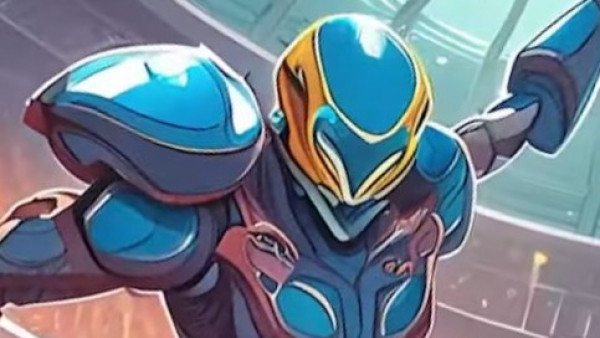
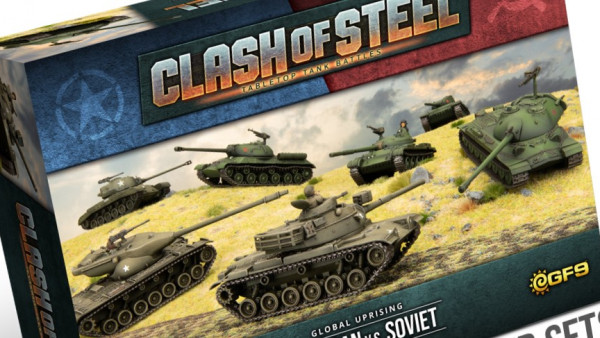


So if I get this right all the PC’s will have cards as will all the NPC’s? or is it just major NPC’s will have cards?..If its everyone I can see combat taking for ever for at the very least getting the DM very confused
Hi torros! Each PC has a deck of cards, and the GM has one as well. NPCs play cards at random from the top of the GM’s deck or from the GM’s hand if he wishes to.
In this short video we explain all the core rules of the system: https://www.youtube.com/watch?v=H5BZU6YRQt0&spfreload=10
I’ve been following these guys since they launch on kickstarter and I have to say, that this game looks amazing! And I hope really hard that they get founded on kicstarter!
GL guys!
This game is awesome. I’ve tried the free download version with some friends and it was an amazing experience. And just take a look at the art, that only thing deserves to get out to the market!
I’m really looking forward to this game – it reminds me of when Dogs in the Vinyard first came out and everyone kinda raised their eyebrows and said ‘where is the hack and slash’ and a lot of head shakes… and then people tried it and the general approach to RPGs seemed to change. I’m not saying this will definitely cause a shift, but it’s interesting enough in concept to have some effects I think.
Great interview @dracs
It looks quite cool. I will download the print and play.
I think my group will like to play with cards for once.
I rarely play RPGs these days, although I’m still interested in new and interesting ones to collect, even if I think I’ll not get round to playing them. I haven’t watched the KS video yet, but the artwork alone makes me want to know more! @tahyer I’d be interested to know if you have any comment on the experience of Warhammer Fantasy Roleplay 3rd edition? It used dice, but to my knowledge was also one of the first RPGs that made decks of cards (for characters, equipment and much else) an integral part of the game. It split the WFRP… Read more »
Hi @angelicdespot! The reason our game is designed with many components is to be more beautiful and comfortable to play, but without forcing anyone to use our components to play – because we don’t believe RPGs should be limited by game publishers. So much so that we offer a free print&play version of the game. You will not need to buy the game to play it. We do not think the criticism fans had on WF3rd can be extended to our game as it works differently. I will try to explain a little: Faith uses a poker deck per player… Read more »
Hi @tahyer, sorry to take so long to get back to you – thanks for your reply! I do very much like the look of the cards and components, but then I did for the most part in WFRP 3rd Ed. too. Out of the box I think things worked reasonably well – it was more that as characters progressed and accumulated new skills and so on, you could end up having a lot of clutter on the table. Even if it was good looking clutter! As long as the game is designed so that it can work with character… Read more »
Hi @angelicdespot! I am also sorry for replaying late – I almost do not find your comment. In Faith players have a deck of poker cards, their character board/sheet and 2-4 gear cards. Sometimes you have more gear cards, sometimes less, it depends (technician characters tend to have more stuff). It is not a crazy amount of stuff 🙂 We really wanted to make a game that focuses in allowing you to focus in the story but with mechanics interesting enough that the metagame is also fun. Cards have proven to be useful for both ends and it has allowed… Read more »
My concern with this game, is that it relies too heavily on “chits”. One of the things that made Warhammer 3rd ed unpopular was the need for chits etc to run the game. This meant a) you needed more to run the game with more players b) you had stuff that could go everywhere if the table was knocked c) made storing the character more difficult (little folders for each character’s cards and chits) and d) if you lost some of the chits, well you were done for and basically had to go out and buy more. Also with the… Read more »
@doctorether I will try to answer your points: a) You can replace character boards with character sheets, which you can print on paper like in any other game – no need to buy more. b) Yes, stuff could fall everywhere if you knock the table, we don’t have a fix for that – but at least dice won’t roll off the table 😛 c) The game comes in a box in which we recommend you to store everything. d) If you lose anything in Faith it will be unfortunate, but the game is designed so you can replace anything with… Read more »
I guess you sort of answered it then. If you can have it all on a sheet, and it is all printable, then why both with the chits? For example, IKRPG uses extra game cards beyond the character sheet in a useful way, by giving you a dry wipe cards on which the battle relevant stats are tracked and modified. It means stuff you need at your finger tips are there in one concise manner, and you are not constantly scrubbing the sheet. As for the storage, that isn’t what I meant. All the little bits, for each character, need… Read more »
Hi again! We believe the character boards add aesthetically value to the game, there is something beautiful in board game components, the feel of cardboard is different of the one of paper. You get attached to the token with your character’s illustration. Having all the little parts is part of the magic. We also think that it will help people get into RPGs. When I moved to London I was without a RPG group for three years and while I meet a lot of people who would play board games they all were scared away of RPGs, there was too… Read more »
On the issue of burning bad cards and confrontations, the problem there is the arbitrary nature of if a situation counts as a confrontation or not. It is GM fiat vs players seeking ways to cycle cards. Lets´s compare this to say, Trail of Cthulhu. There, players have resources in the form of points, related to each of their skills, that they can use to make a scene progress – because rolling dice just to find story driving clues is just a waste of time. But when there are dramatic moments of tension, such as combat, then you have dice.… Read more »
OK, so in FAITH characters have Skills valued from 0 to 9. When a character performs an action related to a Skill with a value over 0 it is consider successful by default. The story keeps going, no need to let mechanics disrupt your role-play – you stay in character and keep doing things. Confrontations only take place when the possibility of failing is dramatically interesting. – This can happen if the action was performed against another character – letting that character the chance of performing a counteraction that either stops the initial action or get himself out of that… Read more »
I think that relying on players “roleplaying” it all out in social scenarios is fine…. up to a point. Players may well be more charismatic than their actual character, or it may be the reverse. So there are times when using a mechanic to resolve a situation is far better. And while the GM has a limited number of cards for confrontations, it again is down to the GM to determine what they consider worthy of a confrontation, when a player may well wish to draw a confrontation because they wish to achieve a certain level of success (or for… Read more »